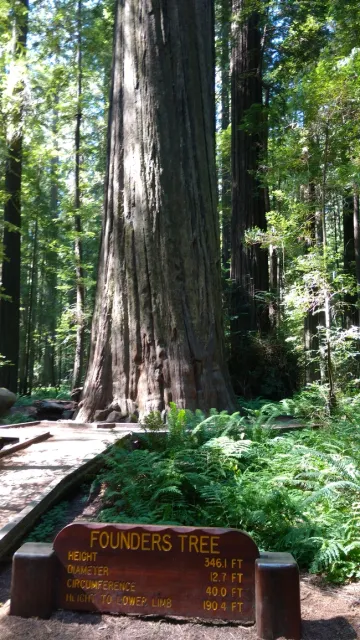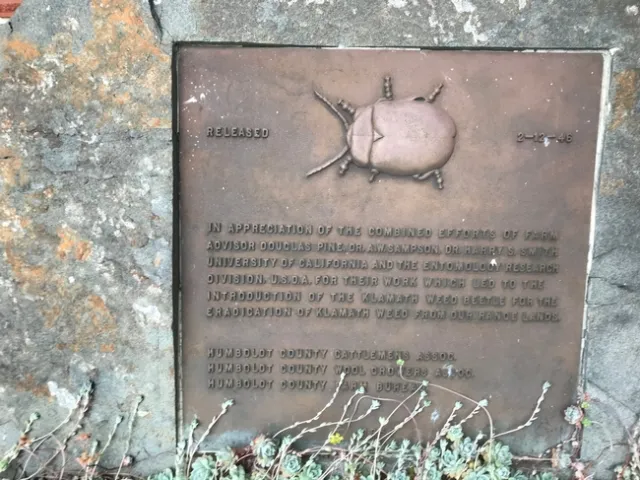If you were in the Northeast this holiday you were probably seeking a reprieve from the heat and humidity to watch the fireworks. I'm not sure the person who climbed the base of the Statue of Liberty had that in mind, but maybe. In my part of California, we couldn't have asked for better weather. Of course we had enough breeze that my eyes weren't stinging from smoke. Regardless, I passed on any firework displays and wasn't too disappointed to hear of cancellations due to fire risk.

Last week, while visiting the team in Humboldt/Del Norte Counties we had a chance to think about how fire works as a tool to protect against destructive wildfires like that raging through Yolo County. After a quick stop on the Avenue of the Giants, we headed to see the site of a prescribed fire training that Lenya and Jeff had hosted the day before for a number of volunteer fire departments. It was fascinating to learn how the training is conducted, including some opportunities to learn from mistakes. We took a look at a prescribed fire in a vineyard, intended to reduce grasshoppers and, at the same stop, had a chance to talk about sudden oak death impacts on forest health, and some of the changes that have occurred as cannabis production has increased in the area. As someone who spent a large part of my career thinking about livestock odors, I was particularly interested in hearing from the Briceland Winery vintner and Glenn McGourty about wine components. I have to say, of the wines we sampled Glenn's own Arneis that was served the night before was my favorite. In general, wine doesn't set off any fireworks for me but, I'm starting to find a few I like.
What I did enjoy were the dinner conversations where guests included a local CSA farmer, the director of the Northern California food banks, the coordinator of local farm markets, and most of the UCCE team. In particular was a conversation about including culturally relevant foods in the Master Food Preserver program offered in tribal communities, the potential that exists to further increase local food purchasing if the challenge of finding land can be addressed, and some staggering statistics about food insecurity and homelessness among seniors. The guests all had a common message about the importance of UC ANR (Cooperative Extension + research (RECs) + statewide programs) as a partner in their own efforts.

Thomas had just returned from the 4-H California Focus in Sacramento and it sounds like he plans to bring more youth in the future. And Dan is as buy as ever in his work with Sudden Oak Death. Like my last visit, I left so impressed with Yana and the team. This group really knows how to get things done. As the first Cooperative Extension office in California, and the home office of Douglas Pine who made a groundbreaking contribution in establishing the Klamath Weed Beetle in the county, this office is still ahead of the curve.

